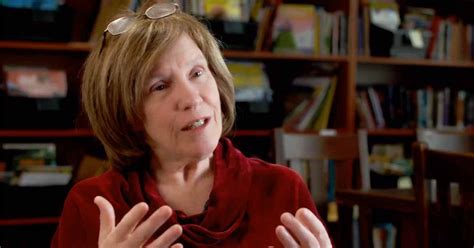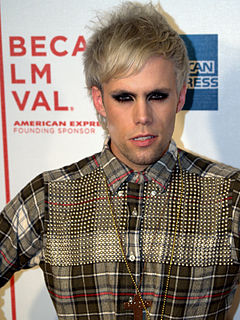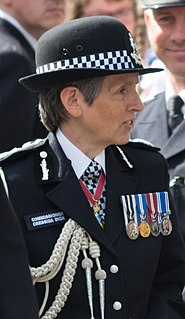A Quote by Doris Lessing
Related Quotes
I think it's significantly easier to be a female writer today than in the early 1800's. That said, it's hard to imagine almost anyone who knows anything about publishing disagreeing with the statement that women writers today are often taken much less seriously than men writers. But it's hard to quantify, and even define, what being taken seriously means.
Oh, I love labels, as long as they are numerous. I'm an American writer. I'm a Nigerian writer. I'm a Nigerian American writer. I'm an African writer. I'm a Yoruba writer. I'm an African American writer. I'm a writer who's been strongly influenced by European precedents. I'm a writer who feels very close to literary practice in India - which I go to quite often - and to writers over there.
There's a difference between someone who's 'harsh' and someone who is 'hard.' Life was hard. You lived in the South, as my grandparents did, and you had to survive. That is hard. In order to respond to that, he had to become a hard man, with very hard rules, very hard discipline for himself, very hard days, hard work, et cetera.






































